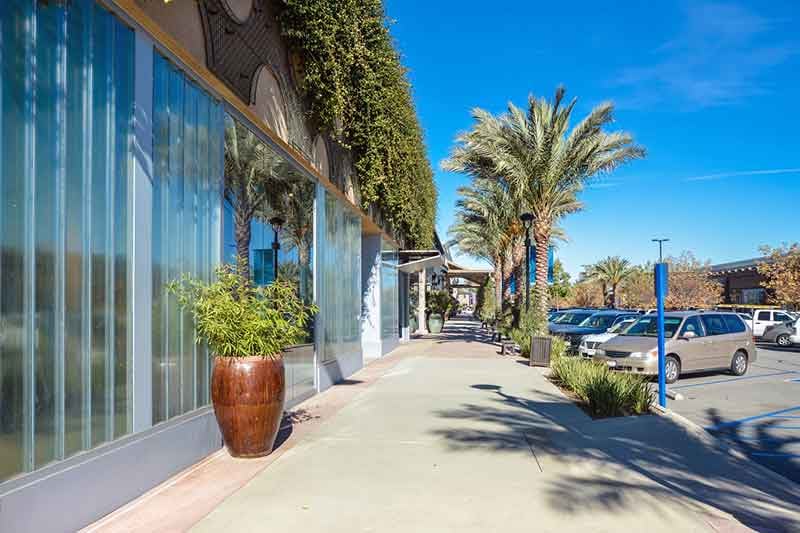
The retail industry is all around us. Whether it is helping us put food on the table, clothes on our backs, or delivering us a common product, we rely on retail to provide us with what we need, when we need it. From local shopping centers to regional malls, retail properties are characterized by having the sole purpose of selling and delivering consumer goods and services. Although in a growing technological world where e-commerce has established itself as a threat to the retail industry, online retailers have still been establishing themselves in physical stores, only increasing the presence of the retail sector in commercial real estate. Offering both unique investment structures and the potential for higher than average risk-adjusted returns, retail has established itself as an attractive opportunity for real estate investors.
Retail as an Asset Class
What exactly drives the success of retail property? This is an important question to address considering your investment success is directly tied to the success of the property. For starters, retail properties are typically correlated with the state of the U.S. economy. While employment and wage growth add to the retail consumer base, periods of economic stability result in higher consumer confidence. On a microeconomic level, the intrinsic value of the property lies in the competitiveness of the tenant. The more the average consumer relies on a particular tenant to deliver a product, the more you can be sure that a tenant will be able to deliver on its financial obligations.
Due to the nature of retail investments, there are several factors that contribute to this type of investment being in a class of its own:
- Triple-Net Leases - In the retail world, many tenants structure their leases under a triple-net lease format. This means that the tenant has the responsibility of paying all taxes, maintenance, and insurance associated with the property. This shifts some financial risk from the landlord to the tenant. Although beneficial to an investor, note that increased financial obligations to the tenant may affect the success of the property.
- “Anchor” Properties - Many retail properties are located in areas with an “anchor” tenant, or a tenant that drives a lot of traffic to a particular area. Surrounding tenants benefit from this increased traffic, and are willing to pay more in these areas.
- Long-Leases - Many landlords and tenants in this space negotiate their leases on a long-term basis, typically starting around 20 years. This longevity insures that a tenant is able to establish itself in a particular area.
The Threat of E-Commerce
There is no surprise that real estate investors feel some degree of angst towards the threat of e-commerce on the retail investment space. It is taking tenants out of brick-and-mortar stores, and putting an increased emphasis on online shopping. Although e-commerce has increased its footprint on the retail space, it hasn’t proved to be as much of a threat as people initially thought. To provide an example, e-commerce accounted for just 9.1% of retail sales in the latter half of 2017, a 6.5% increase from 20051. Along with this, e-commerce powerhouses, such as Amazon, have increased their presence in physical stores2, offering physical locations help consumers try new products.
E-commerce isn’t hurting the retail property sector, it is just changing it. We believe there will always be a need for consumers to try before they buy, creating a need for online retailers to create a physical presence through brick-and-mortar locations.
Conclusion
With consumer spending accounting for over two-thirds of the United States GDP3, the importance of the retail asset class is obvious. With multiple industries and tenants represented, there are ample opportunities to invest in the retail space, and diversify your investments.4
At Realized 1031, we specialize in many different property types, and stand ready to assist you with any interest you may have in the retail property space. We offer several retail opportunities on our Marketplace, in both single property and portfolio investments. Log on to Realized1031.com or call us today at 877-797-1031 to find out how you can gain access into the retail investment space through a Delaware Statutory Trust (DST) structure.
- https://ycharts.com/indicators/ecommerce_sales_as_percent_retail_sales
- https://www.moderncities.com/article/2017-aug-how-amazon-is-expanding-brick-and-mortar-presence
- https://www.reuters.com/article/us-usa-economy-retail/strong-u-s-retail-sales-bolster-third-quarter-growth-outlook-idUSKCN1AV1BZ
- Diversification does not guarantee returns and does not protect against loss.



